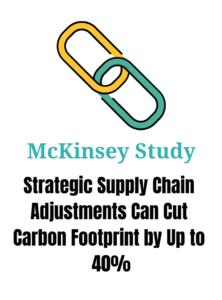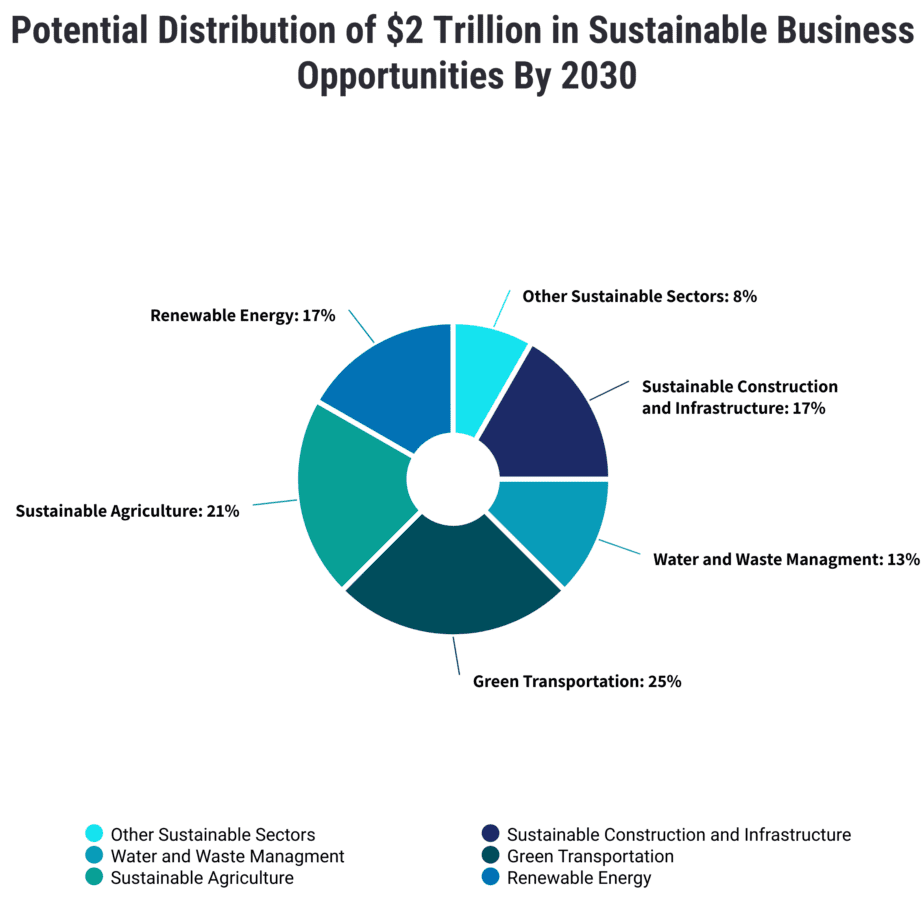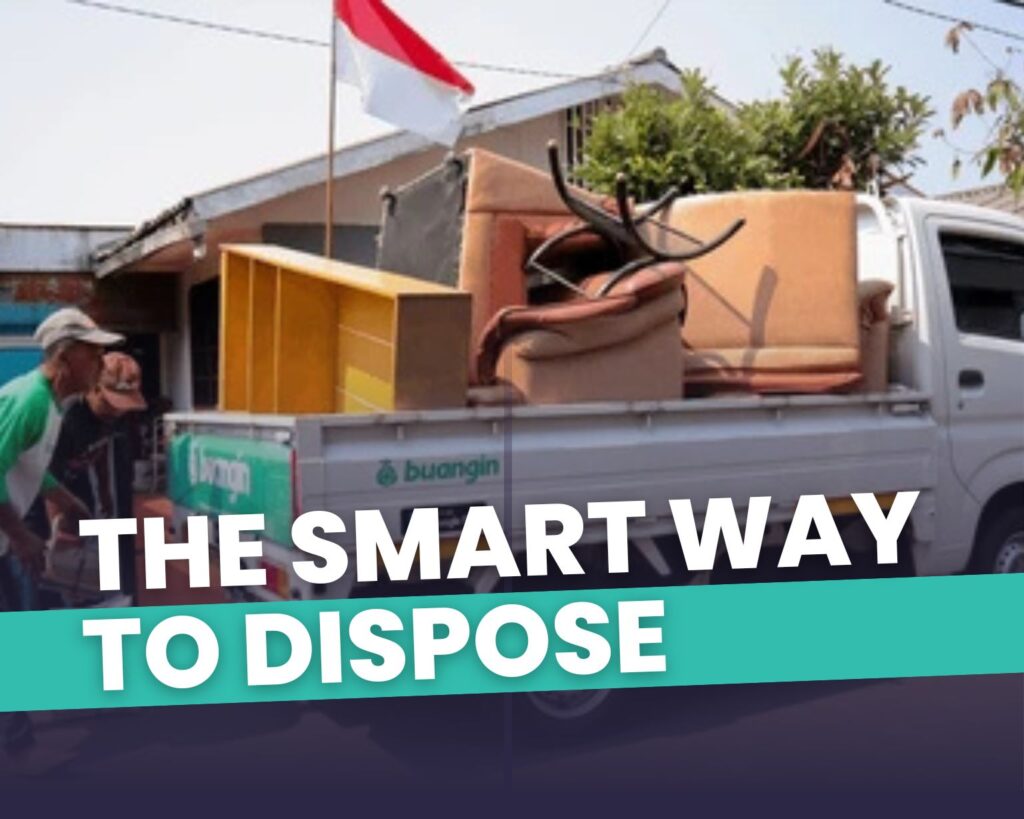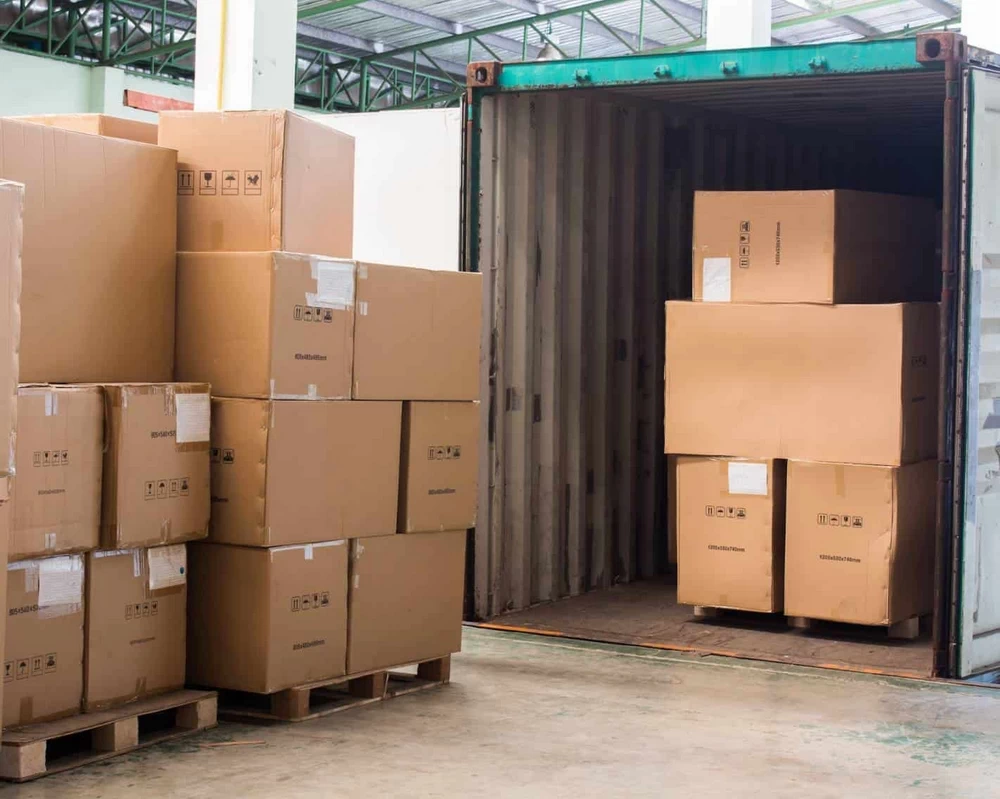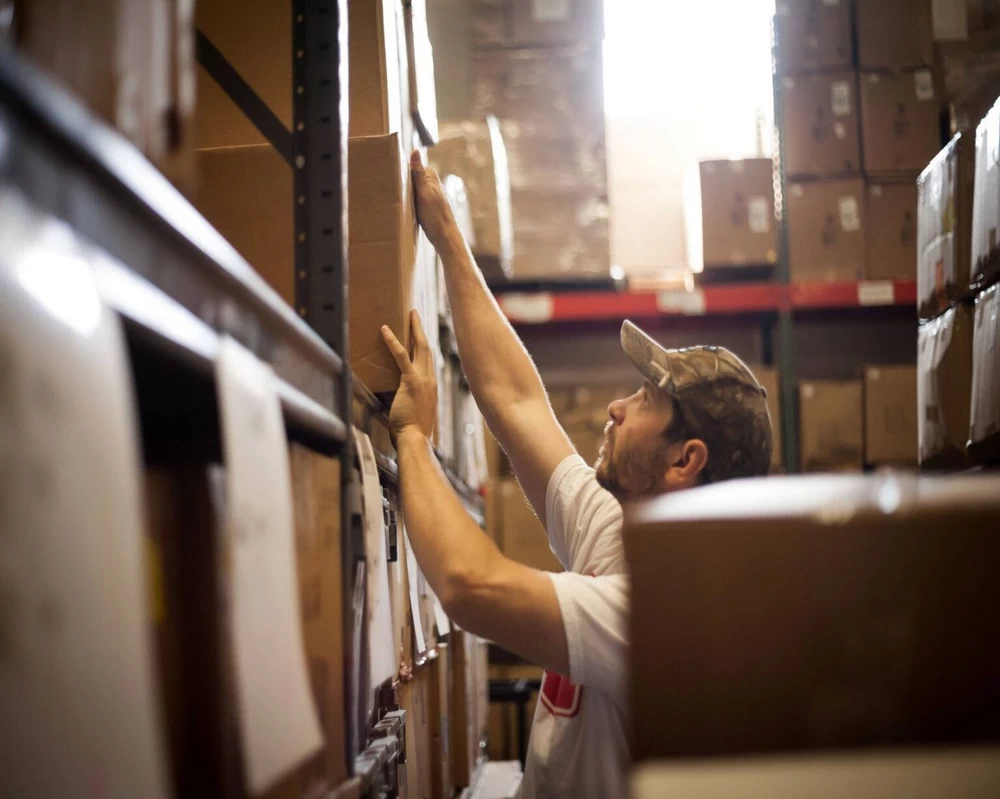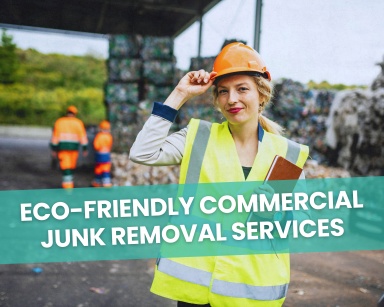Three Pillars of Sustainability in Supply Chains: A Close Look

Jessica Gonzalez
Global Chief Executive | Founder Happen Ventures
Every click, every order, every swift delivery comes at a price not always visible on the price tag. In a world where convenience reigns supreme, the hidden costs of our choices often go unnoticed. But as we navigate through 2023, the reality of these costs is becoming increasingly hard to ignore, especially within the realm of sustainable supply chain. A staggering statistic from the World Economic Forum highlights that supply chain operations are responsible for over 80% of global greenhouse gas emissions.
This figure isn’t just a number, it’s a wake-up call, underscoring the urgent need for change in how we manage the journey of products from creation to consumption.
In this article, we’re not just talking about making supply chains greener, we’re delving into the very essence of sustainability.
We’ll explore how businesses and consumers alike are rethinking practices to create a balance between meeting our needs and preserving our planet.
From the environmental impacts to the social and economic implications, we’re set to uncover the multifaceted layers of sustainable supply chain.
Table of Contents
I. Environmental Responsibility in Supply Chains
In the quest for environmental responsibility within supply chains, the focus extends far beyond just reducing emissions or recycling. It’s about a holistic approach to sustainability, where every aspect of the supply chain is scrutinized for its environmental impact.
This includes the sourcing of raw materials, energy consumption during production, and the logistics of distribution.
A recent study by McKinsey revealed that companies could reduce their supply chain carbon footprint by as much as 40% through strategic changes, such as sourcing from suppliers with lower emissions and optimizing transportation routes.
The Hidden Costs of Logistics
Did you know that the transportation sector is one of the largest contributors to global greenhouse gas emissions?
In the hustle of moving products across the globe, the environmental cost can be staggering. But there’s a silver lining. Innovative companies are now turning to electric vehicles and optimizing routes to cut down emissions. This shift isn’t just good for the planet, it’s becoming a new standard in consumer expectations.
Beyond Recycling: Upcycling in Supply Chains
Recycling is great, but upcycling is the next big thing in environmental responsibility. It’s about transforming waste materials into new, valuable products.
This approach not only reduces waste but also opens up new market opportunities. Think of it as giving a second life to what was once considered trash.
II. Social Responsibility in Supply Chains
Social responsibility in supply chains is increasingly becoming a non-negotiable aspect for businesses. It’s about ensuring fair labor practices, human rights, and ethical sourcing.
The spotlight is not just on the end product but on the entire journey – from the hands that harvest the materials to the workers in the factories.
A revealing fact from the International Labour Organization estimates that there are 152 million child laborers worldwide, many of whom are involved in supply chain activities.
The Human Side of Products
Every product has a human story. Unfortunately, not all these stories are positive. Child labor, unfair wages, and poor working conditions are real issues in global supply chains.
But change is happening. More companies are committing to ethical sourcing and transparent labor practices. This shift isn’t just morally right, it’s what consumers are increasingly demanding.
Empowering Communities Through Supply Chains
Sustainable supply chains can be powerful tools for community development. By sourcing materials and labor ethically, companies can uplift entire communities, providing better education, healthcare, and economic opportunities.
This approach creates a ripple effect, turning supply chains into catalysts for positive change.
III. Economic Viability and Sustainability
The intersection of economic viability and sustainability is where the future of supply chains is being redefined. It’s a misconception that sustainable practices are always cost-prohibitive.
In fact, a recent report by the Business and Sustainable Development Commission suggests that sustainable business models could open economic opportunities worth up to $12 trillion by 2030.
Cutting Costs by Cutting Waste
Did you know that reducing waste can significantly cut costs?
It’s a simple equation: less waste equals less money spent on materials and disposal. Smart companies are realizing that sustainable practices are not just environmentally friendly – they’re economically savvy.
The Long-Term View: Investing in Sustainability
Investing in sustainable practices might seem costly at first, but it pays off in the long run. Companies that adopt sustainable practices are seeing benefits like improved brand reputation, customer loyalty, and even financial incentives from governments and environmental groups.
Happen Ventures: Pioneering Waste Reduction in Supply Chains
Happen Ventures isn’t just another consultancy, it’s a trailblazer in sustainable supply chain management.
Their focus on reducing waste, especially unsellable inventory, is not just about being eco-friendly – it’s about smart business.
By managing reverse logistics effectively, Happen Ventures helps companies turn potential losses into gains, aligning economic goals with environmental responsibility.
Conclusion: The Future is Sustainable
As we look towards the future, it’s clear that sustainable supply chains are not just a passing trend – they’re the new normal. Companies that embrace this change are not only doing their part for the planet but are also positioning themselves for long-term success. It’s a win-win for businesses, consumers, and the environment.

